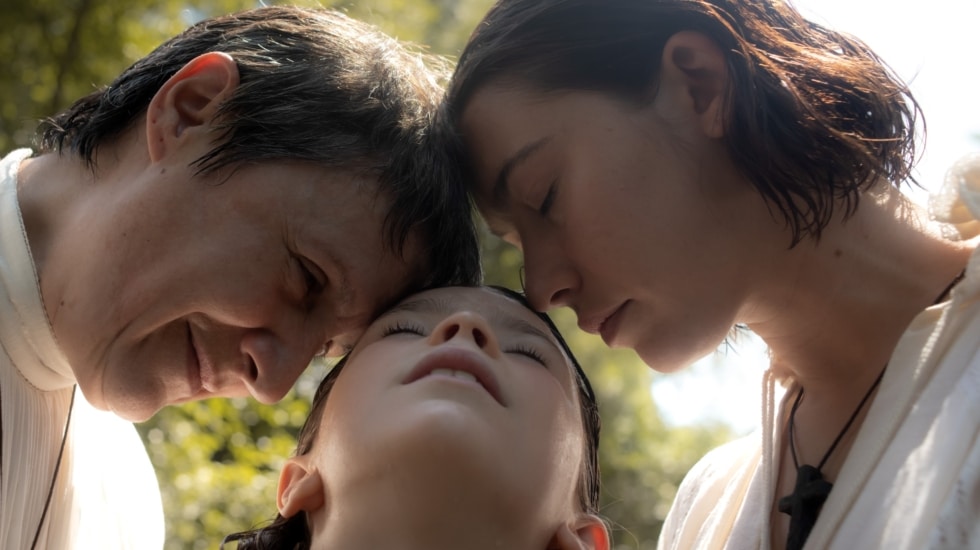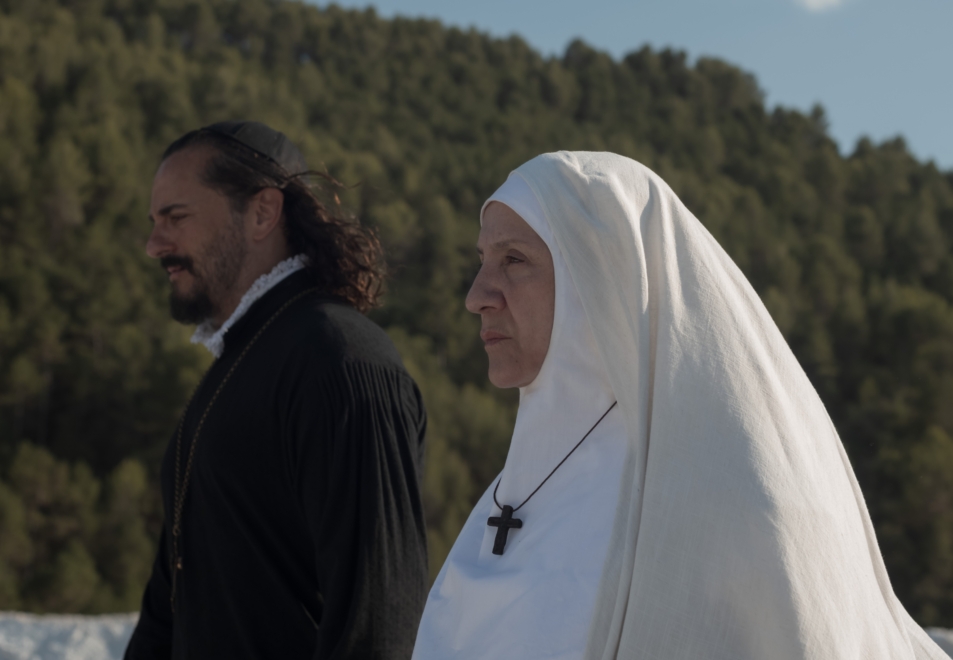

Three Teresas by Paula Ortiz
Teresa de Jesus is one of the historical figures most widely represented in theatre, novels and TV series. Her life was depicted in film by the Beringol brothers in 1926 or by Juan de Orduña in 1961. And now it’s the turn of Paula Ortiz, winner of two Goya awards for Girlfriendadaptation Bloody wedding Federico García Lorca starring Inma Cuesta.
“I feel like Teresa has always been with me. I discovered her in college as a Latin American studies major because of her poetry. I was very young and I remember that it was very important to read it and discover how A 16th century nun called me with more power than I was capable of,” he reflects in an interview with the publication Independent.
The director felt connected to mysticism because of its doubts, its way of expressing love or its contradictions. “It tells us about ourselves, the world and his writings work like a mirror, much more than we think. Teresa is very complex, she is the catalyst of our history and our cultural identity. “You have to be open and read it in all its terrible dimensions,” he adds.
She may be one of Teresa’s dreamiest, but she never loses her tenacity, subversion, and revolutionary drive: “Doubt is at the center of this film. Teresa performs with his help the greatest exercise of intellect when doubt is something women have always been punished for”.
And perhaps this is one of the reasons why this particular feature film was chosen to close the festival. Cinema of the women of Madridat a massive screening that took place on November 3 at the Palais des Princes after the presentation of the award for best feature film. How to have sex from Molly Manning-Walker and an award for best Spanish film The teacher who promised the sea from Patricia Font.
Regarding the situation with female filmmakers, Paula emphasizes that in recent years, in the market itself, the role of female directors is no longer an anomaly thanks to generation of highly qualified directors who opened new universes.
“At the center of “my Teresa” is doubt, for which women have always been punished.”
Paula Ortiz
And Paula Ortiz is an example: in addition to being a film director and screenwriter, this Zaragoza native has a PhD in art history, which is almost noticeable in her films. When Theresawhich also has a square cut, the feature film sometimes seems painting in motion.
“The plastic part is the language I like to navigate most. In our proposals we can offer the viewer a sensory journey, and this involves very strong work with all plasticity. The film is the result of a huge search among those Baroque culture and chiaroscuro light which contains a whole world of nature, landscapes with natural light, candles… all accompanied by audio memories,” he explains.

Based on a dramatic work Tongue into pieces Juan Mayorga, in this film, in addition to the aesthetic part, some notes of fantasy and science fiction stand out. Of all of them, it is clear to the director that the most difficult scene to film was the scene in which Teresa is burned, recorded artisanal methods and in carbon caves. He also claims that they had few resources and, therefore, only five weeks of filming.
It’s hard to imagine a film without Blanca Portillo adult Teresa (young version – Greta Fernandez) and Azier Echeandiawith whom the woman from Zaragoza has already worked Girlfriend: “They are gifted actors. Teresa needed someone who could support her, and for us it was Blanca. She has a sacred approach to characters, seriousness, knowledge of acting tools and a very strong use of words.”
The film has 17 nominations for 38 Goya Awards, although we’ll have to wait until November 30 to find out how many of those will become nominations. Meanwhile, Ortiz is preparing with help Najwa Nimri Hildegartwhich tells the true story of Hildegart Rodriguez Carballeira, conceived and raised by her mother Aurora as the woman of the future, who became one of the most brilliant minds of Spain in the 1930s and one of European references to female sexuality.
Source: El Independiente